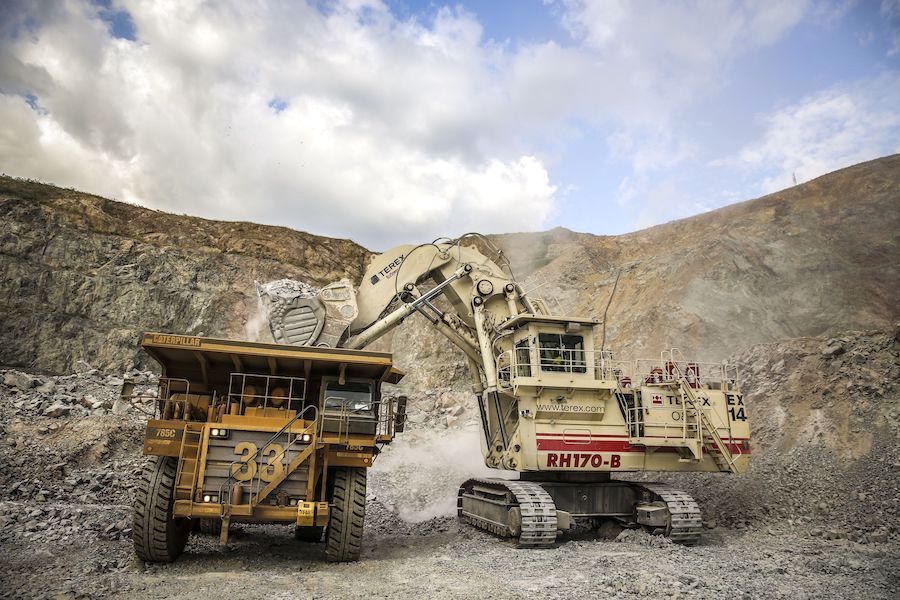Acacia blames Barrick for barring it from Tanzania talks, mulls takeover bid

Barrick Gold’s subsidiary Acacia Mining (LON:ACA) condemned its parent company on Wednesday for keeping it out of discussions with the government of Tanzania about a long-running row over outstanding tax claims.
Acacia’s comments come on the heels of the Canadian gold giant’s bid to take full control of the company, which is Tanzania’s No. 1 gold miner.
Toronto-based Barrick has proposed to buy the remaining 35% of Acacia it does not already own through an all-stock offer pitched at a discount, arguing that the plan offers a route to end Acacia’s crippling dispute with Tanzania’s government.
Barrick said it made the $285 million takeover bid because it was clear the government of Tanzania was not prepared to deal directly with Acacia and settle their long-running tax row
The $285 million proposal made to Acacia’s board and management will offer 0.153 of Barrick shares for each of Acacia’s and implies a valuation of $787 million for the whole unit.
“Since the proposal is in Barrick shares, the Acacia minority shareholders will be able to benefit from any future potential upside in both the Acacia assets and Barrick’s broader portfolio of assets,” Barrick said in the statement.
The offer, it noted, was made after realizing that the government of Tanzania was not prepared to deal directly with Acacia to settle their differences.
“As a consequence of the negotiations with the government of Tanzania, Barrick has had the opportunity to undertake detailed due diligence on the Acacia assets and on the basis of this work has concluded that the proposal on the terms set out above reflects the fair value of the company,” the miner said.
Faith in Bristow
For about two years, Barrick has been leading negotiations with President John Magufuli’s administration, first under executive chairman John Thornton and, more recently, under chief executive Mark Bristow.
The South African geologist, who spent decades finding and building his own mines in Africa, has been considered by many analysts as the only one who could effectively end the row over claims of unpaid taxes.
Barrick has until June 18 to decide if it will follow through with a firm offer
A framework deal reached in February proposed that Acacia would pay $300 million to settle the tax claims and agree to split returns from operations with the country going forward. But Acacia has maintained its position that before approving any agreement its board should review it first.
“In our opinion, the bid value reflects the $300 million tax payment that has been negotiated between Barrick and the government of Tanzania, which becomes payable once a resolution is ratified,” Jefferies’ analysts wrote in a note on Wednesday.
“Acacia notes that it continues to be excluded from the discussions between Barrick and the government of Tanzania,” it said. “In the meantime, Acacia shareholders are strongly advised to take no further action.”
The company, which owns and operates Tanzania’s three major mines — Bulyanhulu, Buzwagi and North Mara, also said it would seek to clarify the position of Tanzania’s government.
Barrick has until June 18 to decide if it will follow through with a firm offer.
{{ commodity.name }}
{{ post.title }}
{{ post.date }}




Comments